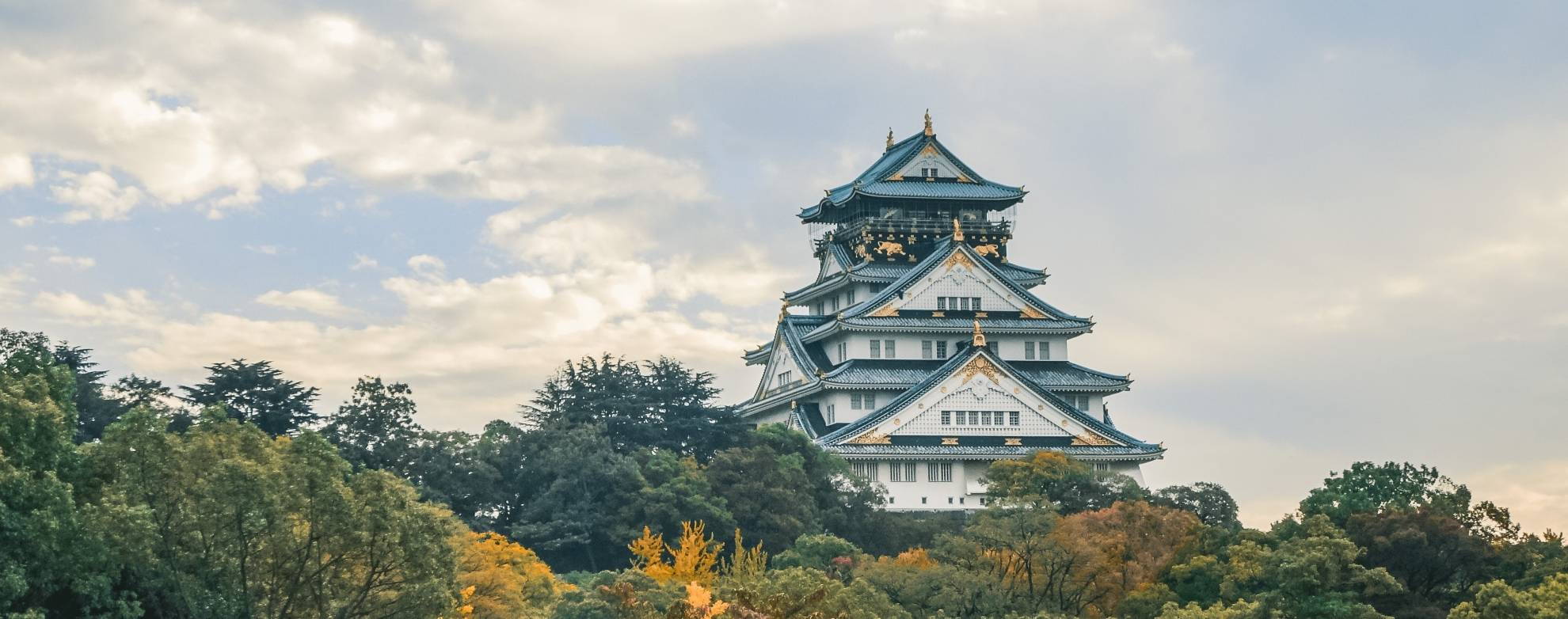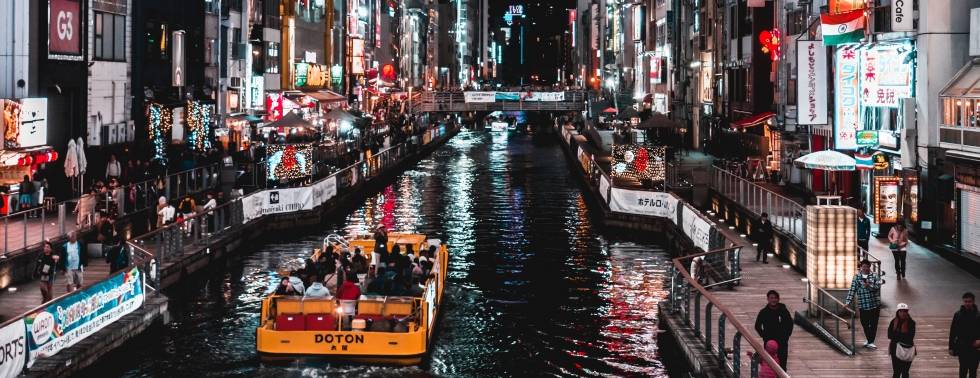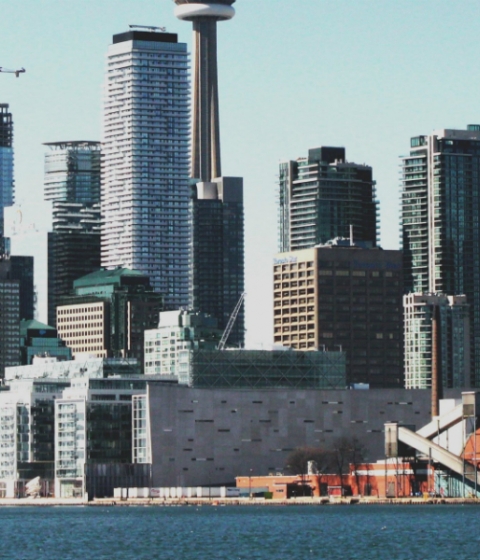The pros and cons of expat life in Osaka

While Tokyo takes all the headlines, Osaka is a very influential Japanese city with a proud heritage and deep commercial roots. Located on Honshu Island, it is part of the Keihanshin metropolitan region, which also contains the major cities of Kobe and Kyoto. Collectively, this area has a GDP of $950bn; if it were a country, it would be the 16th largest in the world.
But what is life like for expats living there? We look at the advantages and disadvantages of choosing Osaka as an expat destination.
Pro: more genuine than Tokyo
Most Japan-bound expats will be found in Tokyo. The capital offers more job opportunities and is a more cosmopolitan city, as you would expect since it is so much larger. However, many expats – particularly those who immerse themselves in the culture long enough to appreciate it – say that there is a personality to Osaka that is missing in the Japanese capital.
Traditionally, Tokyo is where you find the politicians and bureaucrats, while it has been said that Osaka is home to the “merchants and gangsters”. It is less guarded and locals are more direct and welcoming to foreigners. Many of Osaka’s inhabitants are born and bred there, in contrast to Tokyo’s large population of provincial Japanese who have come to the city to find work. Tokyo has city chic – while Osaka has natural energy.
Con: expensive
As with many major Japanese cities, it is not a cheap place to live. Official surveys, however, have varied over the years. According to global consulting firm Mercer, Osaka was the second most expensive city for expats in the world in 2009, and the Economist Intelligence Unit (EIU) ranked it as the second most expensive city in the world in its 2013 Cost of Living study. It is currently ranked in 19th place, but second only to Tokyo nationally and still more expensive than London.

Pro: The Japanese Venice?
Much of Osaka’s early prosperity comes from its situation on a large, natural harbour and its shipping industry still thrives. The bay is home to the remarkable Kansai International Airport, which was the world’s first to be built on an artificial island.
Osaka-based expats will also become familiar with the network of canals that intersect the city. More than 10% of the city’s area is water, and there is an established, efficient and free-of-charge public riverboat system used by millions of commuters each year.
Con: architecture
While the canal system lends a reflective, neon-lit beauty to the night-time city, the fact remains that Osaka is architecturally unimpressive.
The city does, however, boast a more aesthetically pleasing landmark: Osaka Castle, which has built, destroyed and re-built a number of times since the 16th century. The current tenshu or main tower of the castle will be familiar to expats, having featured in films and being built in the classic Japanese style, and dates from just 1931.
The castle has been designated a National Tangible Cultural Property and dominates a square kilometre of green space in the city centre – providing a welcome architectural relief from the grey cityscape around it.
Pro: economic upturn
Osaka has always been an influential city. It was here that Nomura Securities, the first brokerage firm in Japan, was founded in 1925, but economic pre-eminence was gradually ceded to Tokyo following a downturn in the mid-1990s.
However, several major companies, such as Panasonic, Sharp, and Sanyo, are still headquartered in Osaka, and the city’s profile has recently been raised by the staging of the G20 Summit in 2019 and it will also host the 2025 World Expo.
Since 2016, foreign arrivals at Kansai International Airport have almost tripled and there are now more than 300 more international flights every week.




